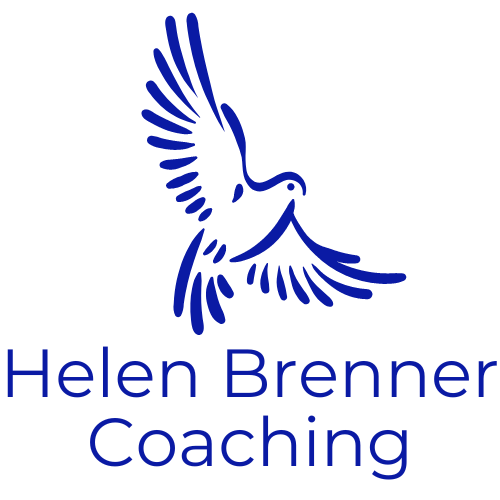Group Healing: The Vicarious Experience and the Unconscious Mind
When we gather for group healing, whether as participants or facilitators, it's not just about the words spoken.
True healing and understanding come from a deeper place, one that involves all our senses:
Visual (see), Auditory (hear), and Kinesthetic (feel).
Imagine you're in a room, surrounded by individuals sharing their personal journeys. The atmosphere is thick with emotion. Everyone, including the facilitator, is in a vulnerable state. This vulnerability, while a powerful catalyst for healing, can also be a double-edged sword. In such a raw state, we become highly receptive, and there's a heightened risk of unconsciously adopting new patterns of response simply by listening to others share their unique experiences.
The Power and Peril of Vicarious Learning
Our unconscious mind is a powerful entity. It learns and adapts, not just from our direct experiences, but also from the experiences of others. Just as we learned to walk, talk, and eat by observing those around us, our unconscious mind can pick up patterns, behaviors, and emotions from the stories and experiences shared by others in a group setting. This vicarious learning can be both a blessing and a challenge. While it allows us to deeply resonate and empathize with others, it can also lead us to adopt patterns and emotions that aren't genuinely ours.
Visual Awareness: More Than Meets the Eye and the Role of Mirror Neurons
As you sit in the group, take a moment to visually observe. The room is filled with expressions, gestures, and subtle cues. These visual signals can tell more than words ever could. But in this heightened state of vulnerability, can you see how easily one might mirror another's body language, signaling a deep, unconscious connection? This mirroring is not just psychological; it's biological. Our brains are equipped with mirror neurons, specialized cells that fire both when we perform an action and when we see someone else perform that action. These neurons play a crucial role in empathy, learning, and understanding, making us even more susceptible to unconsciously adopting patterns we observe.
Auditory Awareness: Echoes of Shared Stories
In a group setting this refers to what we hear outside and inside ourselves. Listen to the stories, the tones, the pauses. Each voice carries its own unique emotion and rhythm. But as you listen, be aware: your unconscious mind might be resonating with certain narratives, giving you internal dialogue that indicate that your unconscious mind could potentially be adopting what you’ve heard as if it were your own experiences.
Kinesthetic Awareness: Feeling Beyond Your Own Story
This channel is all about your inner sensations. As the session progresses, you might feel various emotions manifesting physically. But are these reactions to your own feelings or a response to the group's energy? It's essential to discern which emotions and patterns are genuinely yours and which might be reflections from the group.
A Facilitator's Insight
For facilitators, the responsibility of guiding a group healing session is profound. While feeling the collective energy of the group is a valuable skill, it's just the tip of the iceberg. True facilitation mastery lies in the ability to delve deeper, to sense the undercurrents beneath the spoken words and visible emotions.
As participants share their stories, it's not uncommon for others in the group to see reflections of their own experiences. This resonance can be healing, but it can also blur the lines between individual experiences. Facilitators must be attuned to these moments, recognizing when participants might be relating too deeply to another's narrative. It's in these moments that the risk of unconsciously adopting patterns and emotions intensifies.
To truly support participants, facilitators should strive to cultivate a heightened sense of awareness. This involves not only tuning into the group's energy but also observing subtle shifts in body language, tone, and even the silences between words. By doing so, facilitators can anticipate when a participant might be getting too enmeshed in another's story and gently guide them back to their own authentic journey.
It's a delicate balance, requiring both empathy and discernment. But by deepening their awareness, facilitators can create a space where participants can connect with others' stories without losing sight of their own unique path to healing.
An Invitation to Connect
To all facilitators out there, I encourage you to embrace and hone this sensory awareness. It's a powerful tool that can elevate your sessions, creating a profound impact on those you guide. If you're seeking guidance in your facilitation journey or considering someone to lead a transformative group session, let's chat. Together, we can create a space where healing thrives, and every voice is heard. Reach out, and let's make magic happen for your group. Your participants deserve the best, and together, we can offer just that. 🌟
——————————————————————————-
→ For further information about learning how to understand the language of your unconscious mind (See/Hear/Feel), and to join my email newsletter where I share lots of inside the unconscious mind information, CLICK HERE!

